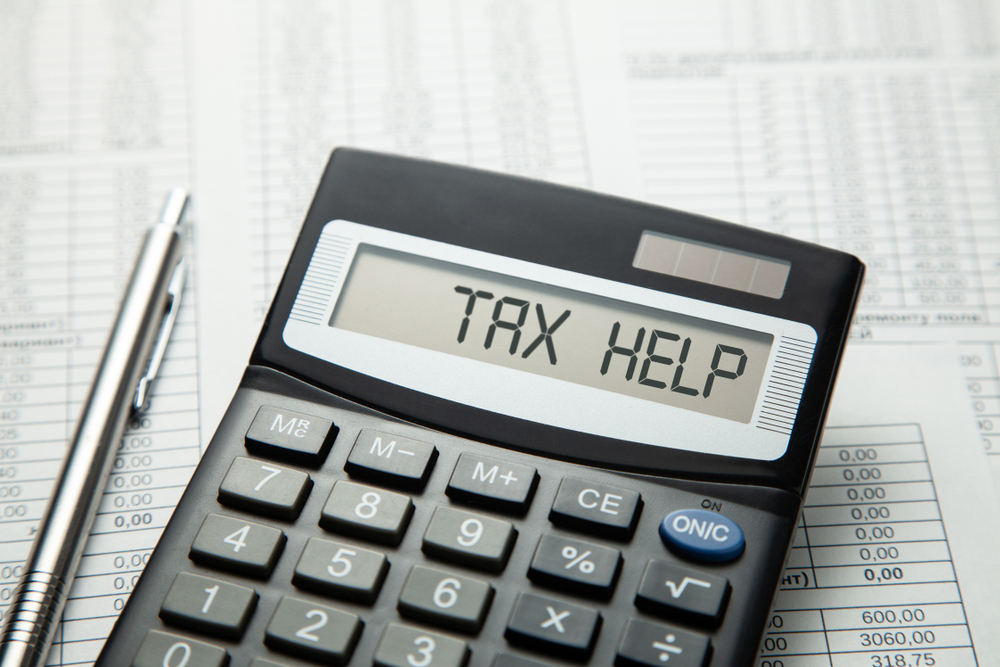Tax season is upon us. Whether you intend on getting money back from the government or paying in, every citizen is at risk of being audited if the IRS is tipped off by discrepancies or other suspect information on your tax return. Read the following tips to learn how to avoid an audit this tax season.

Inaccurate Donated Amounts
The IRS encourages individuals to donate clothes, food and even used cars to charities. It does this by offering a deduction in return for a donation. The problem is that it is up to the individual owner to determine the value of the item. As a general rule, the IRS likes to see individuals value the items they donate anywhere between 1% and 30% of the original price. Unfortunately, many taxpayers ignore this guideline or simply aren’t aware of it.
There are several other ways that the taxpayer can ensure that they are valuing donated goods at an equitable price. One of the ways is hiring an appraiser to write a letter, naming their opinion on the worth of the item.
Simple and Avoidable Math Errors
Many returns are selected for audit due to basic mathematical mistakes. When filling out your tax return (or double-checking your accountant’s work) make sure that the numbers add up. Also, make sure that the total dollar value of and/or losses are properly calculated. Even the smallest errors can alarm the IRS.

Failure to Sign
A surprisingly large number of people simply forget to sign their tax returns. Don’t be a part of this group. Failure to sign the return will almost guarantee additional examination because the IRS will wonder what else you might have forgotten to include in your records.
Under-Reported Income
It is vitally important that you report all income that you received throughout the year from work and/or from the sale of an asset. If you fail to report income and get caught, you will be forced to pay back-taxes plus penalties. While it may be tempting to not report some income, it’s better to be safe than sorry.

Home Office Deductions
Be careful with home office deductions. Deductions that are too large in proportion to your income can raise a huge red flag. For example, if you earned money as an accountant working from home, extravagant home-office related deductions will raise the ire of the IRS. Deduct only items that were used in the course of your business.
Conclusion
When it’s time to file your annual taxes, make sure you cover all your bases to avoid scrutiny from the government. While there is less than a 1% chance you will be chosen for an audit, there’s no reason to not take every precaution just to be safe. For exemplary accounting services and tax services you can trust, contact the experts at Mariela Ruiz, CPA, PLLC.
Leave a Reply